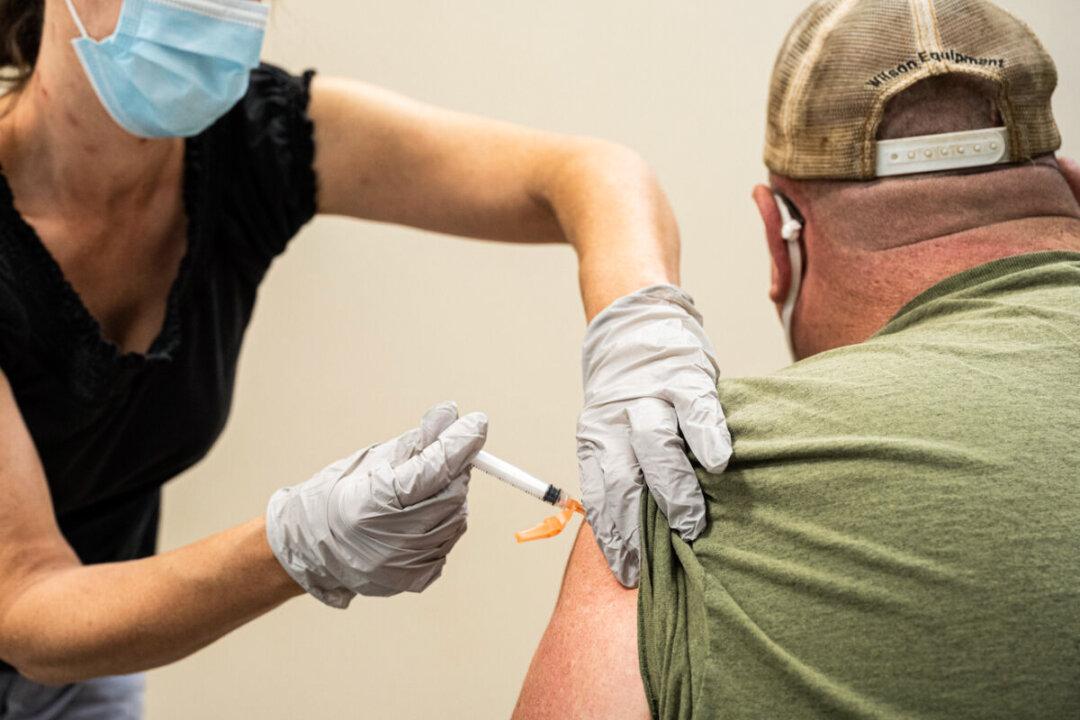Service members from all five branches of the U.S. military, federal employees, and federal civilian contractors have joined in a class-action lawsuit against the Department of Defense over its COVID-19 vaccine mandates.
The 24 plaintiffs “face a deadline under the Federal COVID-19 Vaccine Mandate to receive a COVID-19 vaccine that violates their sincerely held religious beliefs, and have been refused any religious exemption or accommodation,” according to Liberty Counsel, the Christian legal firm that filed the lawsuit.




